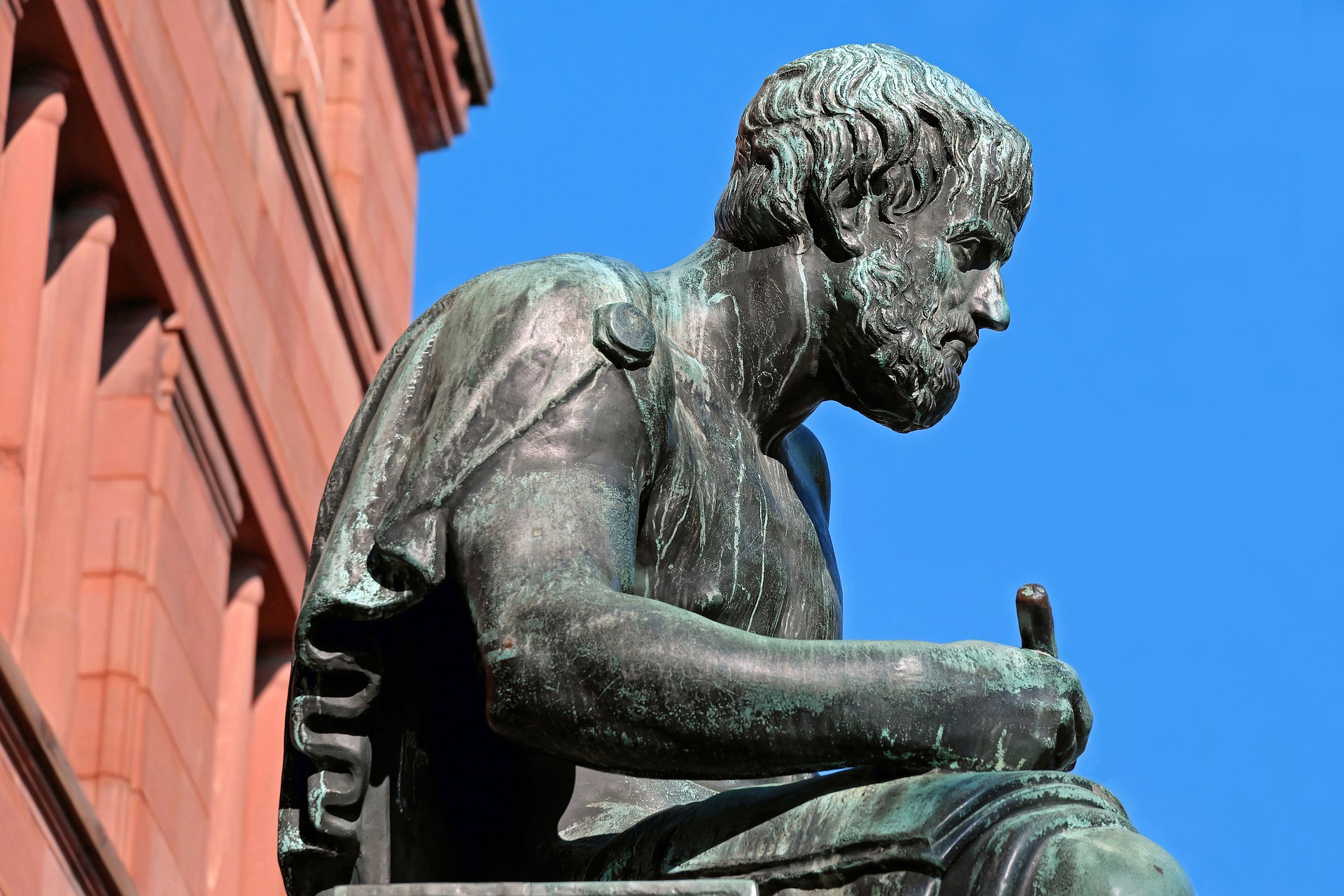Ed. note: This is the twelfth entry in a series looking at the three schools of philosophy for perspectives on relationships in our modern world. Inspired by Emerson’s “The American Scholar,” we are exploring timeless wisdom which endures to inform our approaches to learning, relationships and leadership. Click here for all the posts in this series.
The Enlightenment represents a celebration of reason; an embrace of exploration, documentation, and demonstration of the principles which bind the physical and metaphysical world around us. The “Age of Reason” demanded explanations which were not rooted in religion dogma or superstition. This is realized most clearly in the rigors of the scientific method and discipline of mathematics. Immanuel Kant applied this scientific approach to philosophy and ethics, producing what is considered a seminal work on reason, human rights and dignity. This article will outline how Kant’s Critique on Practical Reason applies to learning, relationships, and leadership.

Learning
Kant summarizes the importance of curiosity and exploration,
“If science is to be advanced, all difficulties must be laid open, and we must even search for those that are hidden, for every difficulty calls forth a remedy, which cannot be discovered without science gaining either in extent or in exactness; and thus even obstacles become means of increasing the thoroughness of science.”
and,
“The path to wisdom must pass through science…”
The only way to learn is to ask questions. Why are things the way they are? What do we know about the natural world? What do we know about the human mind? Why doesn’t anyone speak Latin anymore? What would one world language look like, practically? What would the world look like if the Romans were still in power? All of these questions demand an answer, which then sparks another question, and continues. It’s this sense of curiosity which inspires scientists to keep pushing past the bounds of what we know, just as it inspired the fathers of modern sciences during Kant’s lifetime. It is only when we stop wondering and asking questions that knowledge ceases to grow, and we along with it.
Curiosity is skill which can be strengthened. You can develop your own curiosity with just a little effort. One excellent way to do this is to take note of references in things you read or watch or listen to. When a character on your favorite show references an author or leader, jot it down and look it up. When the host of the podcast you’re listening to introduces their guest, look them up. Why are these people remembered or why do they have the audience they do? One of my favorite ways to find new book recommendations is to look through the references of a favorite non-fiction title. This habit of inquiry stokes curiosity, and also benefits you with knowledge on the subjects involved. Wisdom and knowledge are advanced by inquiry and documentation, repeated continually. If we hope to learn and grow, we must develop the habit of curiosity.

Relationships
The idea that man had a moral responsibility – apart from any sort of religion – was revolutionary in the 1700’s. Suddenly, people had a practical reason to examine their own thoughts and their attitudes toward knowledge. If people were moral beings simply because they had the capacity for reason, they then had a moral responsibility to seek out reason and act in line with it.
Kant writes that morality is not about “how we should make ourselves happy, but how we should become worthy of happiness.” (emphasis mine)
He later states even more clearly, “all happiness depends on moral conduct.”
This idea of positioning ourselves to be happy is interesting. Instead of looking at happiness as a recipe made from ingredients we need to gather, what if it were a posture? What if happiness was more about the satisfaction of acting morally, and less about bank accounts or luxury? Kant is essentially saying happiness is not acquired, but earned. With this perspective, what does success look like? I think it comes down to cultivating habits that reinforce our values. We shouldn’t do the right thing in order to make ourselves happy, but because it is the right thing. The satisfaction from doing the moral thing then makes us happy.
So the question then isn’t, “What do I need in order to be happy?” but, “What are my values and how can I live more in line with them?”. Remember, Kant says that morality is how we become worthy of happiness, not a guarantee of it. If happiness is a consequence of morality, we simply need to re-evaluate whether we have our priorities in order, and whether we act on them accordingly. Morality and happiness, then, become the fruit of our daily actions. What do your habits say about your values?

Leadership
The topic of values and habits becomes even more imperative when we turn to leadership. Whatever stage or state of leadership you find yourself in, people do depend on you to act morally. We can look at headlines of business or politics to be reminded of the distrust and betrayal often wrought by those influential positions who don’t live up to the moral character expected of leadership. The solution to this is, of course, to practice acting in line with your values from the very beginning. If we maintain our integrity with the small things, we are more likely to do so with larger decisions. As we discussed above, morality is a habit.

Simon Sinek posits in Start With Why that companies which implement practices which preserve and reinforce their ideals and perspectives are the companies people like to associate with. People flock to Apple products because they believe in the vision that Apple has for the world; their products are simply Apple’s method of achieving that vision. The same is true for Starbucks; the coffee chain’s vision is to bring people together. Coffee is just their method of doing so. People buy into the vision, and this shared trait creates trust. The number one job of the leadership becomes to not violate that trust.
There are always opportunities to fail. Excellent leaders strive to provide “the highest good” to those in their stead. Where companies and leaders stumble is by taking their focus off the aim of providing the highest good for their base, whether clients, customers, fans, or voters.
Start with the values. Proceed to how you will provide value to your base. No matter how large or small the leadership enterprise, acting in line with your values (protecting trust) is the key which will help you to maintain your morals and achieve your vision. These are simple, but not easy qualities and habits to maintain. That’s why they’re so rare.

Philosophy can be as practical as we make it. Reading through a 250 year old theory on morality reminded me that humanity is basically the same no matter the year. We all depend on one another to make moral decisions, and it’s an excellent reminder that reason and morality work together to put us in the position of “being worthy of happiness”.




